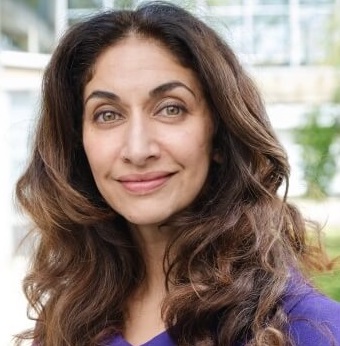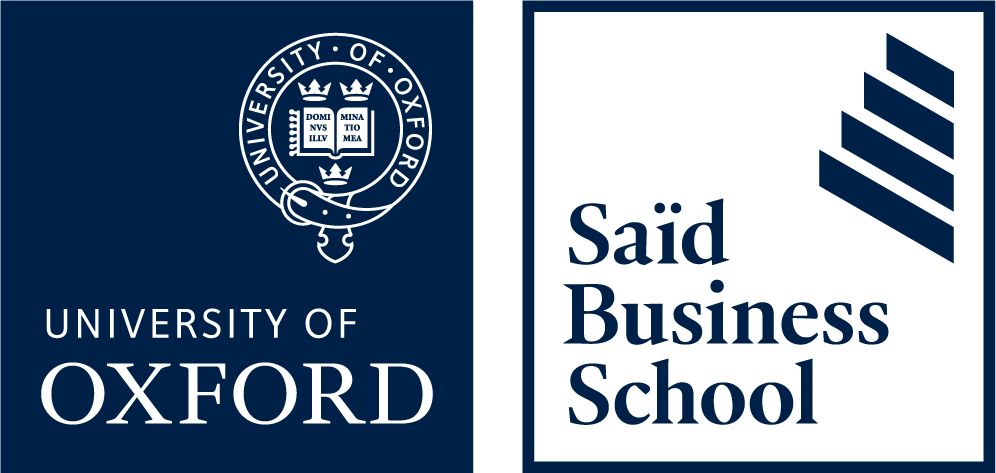- CSR
The Shift Towards Purpose
Oxford Saïd sees a growing desire to make a positive impact beyond just the bottom line
Perhaps the greatest difference in corporate behaviour between the first two decades of this century and the last decades of the twentieth century is the recognition that organizations cannot exist on profit alone. A sole focus on profit hollows out organizations in all sorts of ways – motivationally, innovatively and ethically. To be clear, profit must remain a central aim of any commercial entity, but it is not sufficient an objective by itself.
The twenty-first century has brought a swathe of new challenges for organizations. Today we cannot move for the discussion of what digital transformation means for business and the wider society. Innovation is an imperative for businesses at all stages of their lifecycles. And the looming threat of having to manage environmental sustainability hovers over every new project.
We have seen for several years that participants on our open enrolment programs have a thirst for more intrinsic, human elements alongside the hard data learning that has traditionally been the business school staple provision. We are seeing a steady ‘shift towards purpose’. Where participants want to know how they can run their operations and businesses in a way that not only strengthens the balance sheet but also strengthens their positive connections with the stakeholders and communities that interact with them.
Today the inclusion agenda is a red thread that runs through all our open programs. Regardless of the core topic we find that at some point the discussion turns to what the impact of the activities we are exploring will be on those involved and the environments they touch. Oxford Saïd’s experience with this has been evolutionary. In 2013 we launched the Impact Investing Programme, which was a pragmatic response to the rise in the number of funds involved in this investment sector. Yes, philanthropists and NGO staff have participated, but also financial professionals, corporate managers and public sector executives too.
This heightened our awareness of the wider desire for what may previously have been considered ‘non-business’ issues, but now are frequently core to business decision-making. This focus has only increased with the launch in September 2015 of the UN Sustainable Development Goals (SDGs); seventeen broad objectives from eradicating poverty, through gender equality and sustainable cities, to climate action and peace, justice & strong institutions.
While it is not advised that anyone looks to include all 17 goals in their mission statements or projects, we are seeing that attending to one or two of the SDGs is beneficial and appreciated by our program participants. It is frequently observed that millennials seek purpose and stretch in their assignments, and this is something we see being confirmed time and again on programs. But it is not just the under-30s who are driven and searching for quick change, it is coming from all age groups.
Increasingly our most senior level of program participants are searching for something to leave behind that is more enduring than a year or twos worth of good EBITDA figures. Leaving organizations happier, more sustainable and doing good is a legacy most CEOs and board members are proud to sign-up to.
The shift towards purpose has been gathering momentum recently. Our online Fintech Programme which over 1600 participants engaged with in two programs at the end of last year, defying the usual dropout rates of such programs with a 90%+ completion rate, explored how new technology can bring banking and finance to people previously excluded from traditional financial services. Our Blockchain Programme aims to strip away the myths and provide pragmatic insights into where it makes most sense to apply it. The Oxford Real Estate Programme has looked at the redesign of cities, as younger or less affluent occupiers are forced to move away from economic opportunities in booming locations.
In tandem with weaving this inclusivity and purpose-oriented content into programs, is a heightened focus on measuring their impact too. We find that being able to benchmark this progress gives leaders a chance to avoid the strategic mistakes often associated with short-term goals which may see initiatives drift away from the original purpose organizations have set. Sensing this shift we work closely with partners who specialise in traditional impact measurement, but will also introduce an impact measurement programme in July 2018 which takes into account the sensitivities associated with impact firms and will provide key frameworks to measure outcomes/impact while keeping the organizational purpose at the forefront of mind at all times
The shift towards purpose is as invigorating for us at the business school as it is for the participants. We know we are not going to solve any global problems overnight, but it is enormously rewarding to be part of the conversations which guide and encourage participants’ organizations to make changes that will have positive impacts beyond just the bottom line.
The Saïd Business School is Europe’s fastest growing business school. An integral part of the University of Oxford, it embodies the academic rigour and forward thinking that has made Oxford a world leader in education.
ARTICLES YOU MIGHT LIKE
BOOK REVIEW
A practical guide to sustainable corporate sourcing and running a scandal-free supply chain
DEVELOPING LEADERS QUARTERLY MAGAZINE AND WEEKLY BRIEFING EMAILS


































